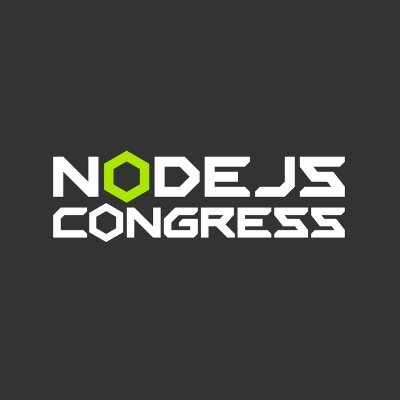The workshop overviews key architecture principles, design patterns, and technologies used to build microservices in the Node.js stack. It covers the theory of the GRPC framework and protocol buffers mechanism, as well as techniques and specifics of building isolated services using the monorepo approach with lerna and yarn workspaces, TypeScript. The workshop includes a live practical assignment to create a currency converter application that follows microservices paradigms. The "Microservices in Node.js with GRPC" workshop fits the best developers who want to learn and practice GRPC microservices pattern with the Node.js platform.
Level: intermediate
















Comments